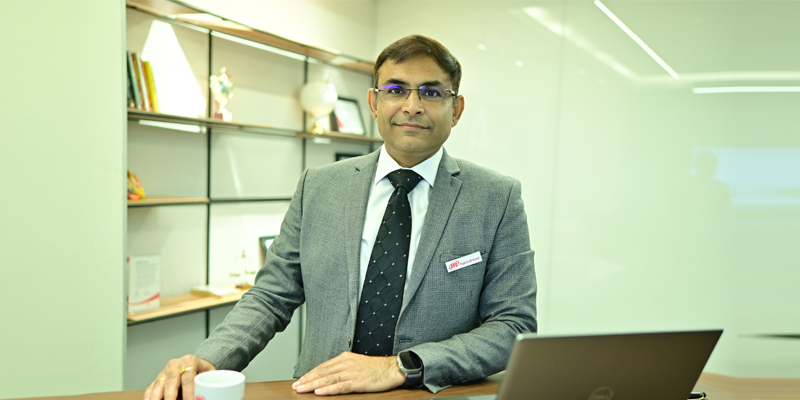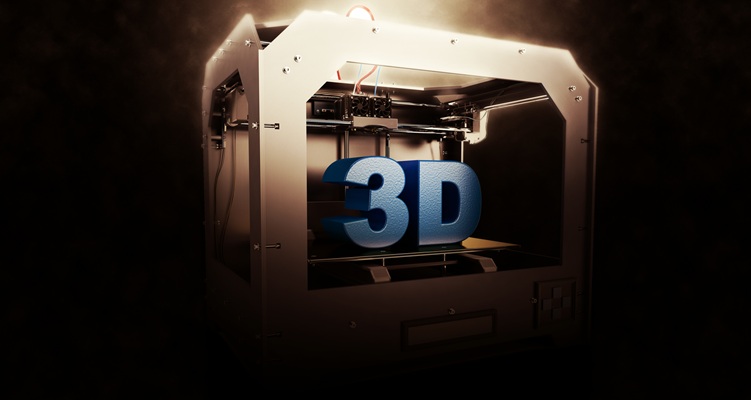Schedule a Call Back
India is in process of transitioning towards adopting automation
 Interviews
Interviews- Nov 02,23

Related Stories

Ingersoll Rand aims to double India business in the next 5 years: Sunil Khanduja
In this interview, Sunil Khanduja, MD, Ingersoll Rand India, emphasises that the company is committed to India while supporting the country’s green and digital industrial transformation.
Read more
Industrial Transformation Saudi Arabia: Pioneering the future of Smart Industry
Industrial Transformation Saudi Arabia, to be held from December 1-3, 2025 in Riyadh, is dedicated to showcasing the latest in smart and advanced industrial technologies.
Read more
Eplan Network 2025: Powering the future of automation & engineering
Eplan Network 2025 in Bangalore & Pune brings together engineers, leaders & innovators to explore AI-driven automation, Eplan Platform 2026, and the exciting Design Challenge 2025.
Read more














